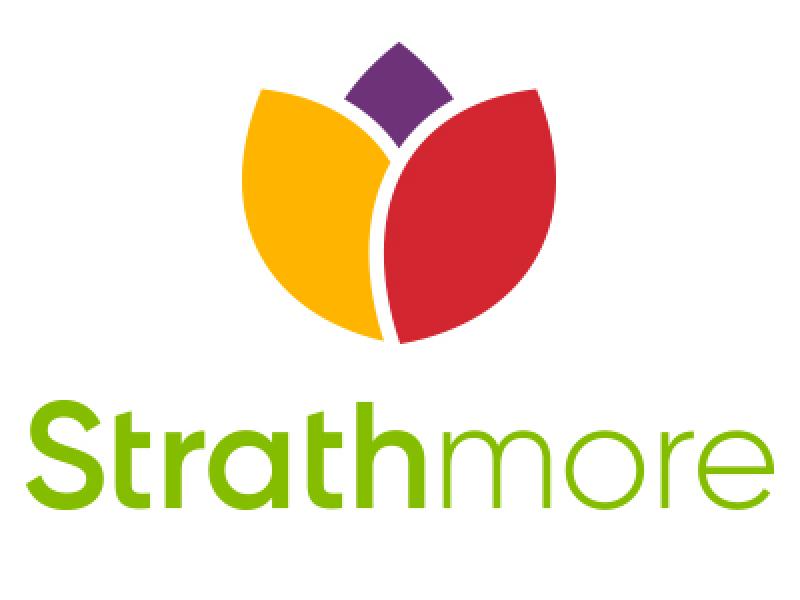Will we see an Ontario guideline rent increase of 6.2 per cent for 2023? We should, but it won’t happen.
The annual guideline is well below the pace of inflation and owners and property managers shouldn’t expect any relief coming soon!
With inflation rising, landlords are seeing increased operating costs at many levels. The cost of retaining good labour has gone up and even though hydro and water costs have stayed somewhat the same, consumption has increased due to working from home during the pandemic – and who knows how much of an impact the hybrid workplace will have.
Many landlords will be looking and hoping to recuperate some of these increased expenses by raising their rents, but the benefit of doing so, unfortunately, is unlikely to match the burden of increasing costs.
Ontario rent guideline set in August
As landlords know, every year in August, the Ontario provincial government announces the guideline – the maximum percentage amount by which rents can be raised to existing tenants. In recent years, we have seen that rate fluctuate particularly due to COVID.
The annual guidelines have been: 2019, 1.8 per cent; 2020, 2.2 per cent; 2021, zero per cent; and 1.2 per cent for 2022.
Although during the past few months we have been experiencing staggering levels of inflation, landlords won’t receive as much relief as they might hope when the guideline for 2023 is announced this August.
The formula for calculating the guideline is set out in the residential tenancies act: “The guideline for a calendar year is the percentage change from year to year in the Consumer Price Index for Ontario for prices of goods and services as reported monthly by Statistics Canada, averaged over the 12-month period that ends at the end of May of the previous calendar year, rounded to the first decimal point.” (Residential Tenancies Act, Ontario Section 120(2))
From this definition we see that the calculation takes into account CPI increases for period of June 2021-May 2022.
2.5 per cent cap on increases
Rising prices have increased exponentially in the last few months and they are likely to continue through the rest of 2022, such that by the time the guideline takes effect, inflationary increases are likely to have exceeded the guideline significantly.
The real kicker is that even if the guideline, as per the calculation, were high enough to account for increased costs, the act goes on to cap the guideline in any year at 2.5 per cent. This restriction was put into place by the Wynne government in 2017.
When it was first introduced it did not seem like a burden since it was so far off from the then-current guideline of 1.5 per cent. Now with inflation, this is a significant if not inappropriate burden on landlords who are seeing their NOI get crunched.
Let’s hope our provincial leaders will recognize this discrepancy and amend the legislation, as needed, to help landlords weather this unique inflationary environment.








